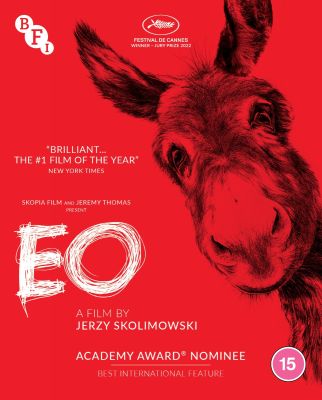The art of storytelling in short films is a unique and powerful medium that allows filmmakers to convey complex narratives in a condensed format. Unlike feature-length films, which have the luxury of extended runtime to develop characters and plots, short films must distill their messages into a brief yet impactful experience. This requires a keen understanding of narrative structure, emotional resonance, and visual storytelling. Each frame and line of dialogue must serve a purpose, pushing the story forward while evoking feelings and sparking thought. The challenge lies in crafting a compelling narrative arc that captivates the audience, often culminating in a twist or revelation that leaves a lasting impression despite the time constraints.

Effective storytelling in short films often hinges on the ability to create relatable characters quickly. Filmmakers must utilize visual cues, nuanced performances, and carefully selected dialogue to establish character depth in mere minutes. This economy of storytelling can lead to highly creative approaches, such as utilizing symbolism or visual metaphors that resonate with viewers on a deeper level. By focusing on universal themes—such as love, loss, or the struggle for identity—short films can transcend cultural barriers and connect with audiences globally. In many cases, the brevity of the format enhances the emotional impact, allowing the audience to experience a moment of truth that feels both intimate and profound.
Moreover, the visual nature of short films amplifies the storytelling process, as filmmakers often rely on cinematography, editing, and sound design to enhance their narratives like Movies on DVD. Each element must work harmoniously to create an immersive experience, where the visuals not only complement but also enrich the story. The use of lighting, color, and composition can evoke specific emotions, guiding the audience is interpretation of the narrative. Additionally, the rhythm of editing plays a crucial role, as pacing can heighten tension or foster reflection. By integrating these artistic components, short films can achieve a level of storytelling that resonates deeply, leaving viewers not just entertained but also introspective, pondering the themes and messages long after the credits roll. Ultimately, the art of storytelling in short films encapsulates the essence of human experience, showcasing the ability to communicate profound ideas in a concise and impactful manner.